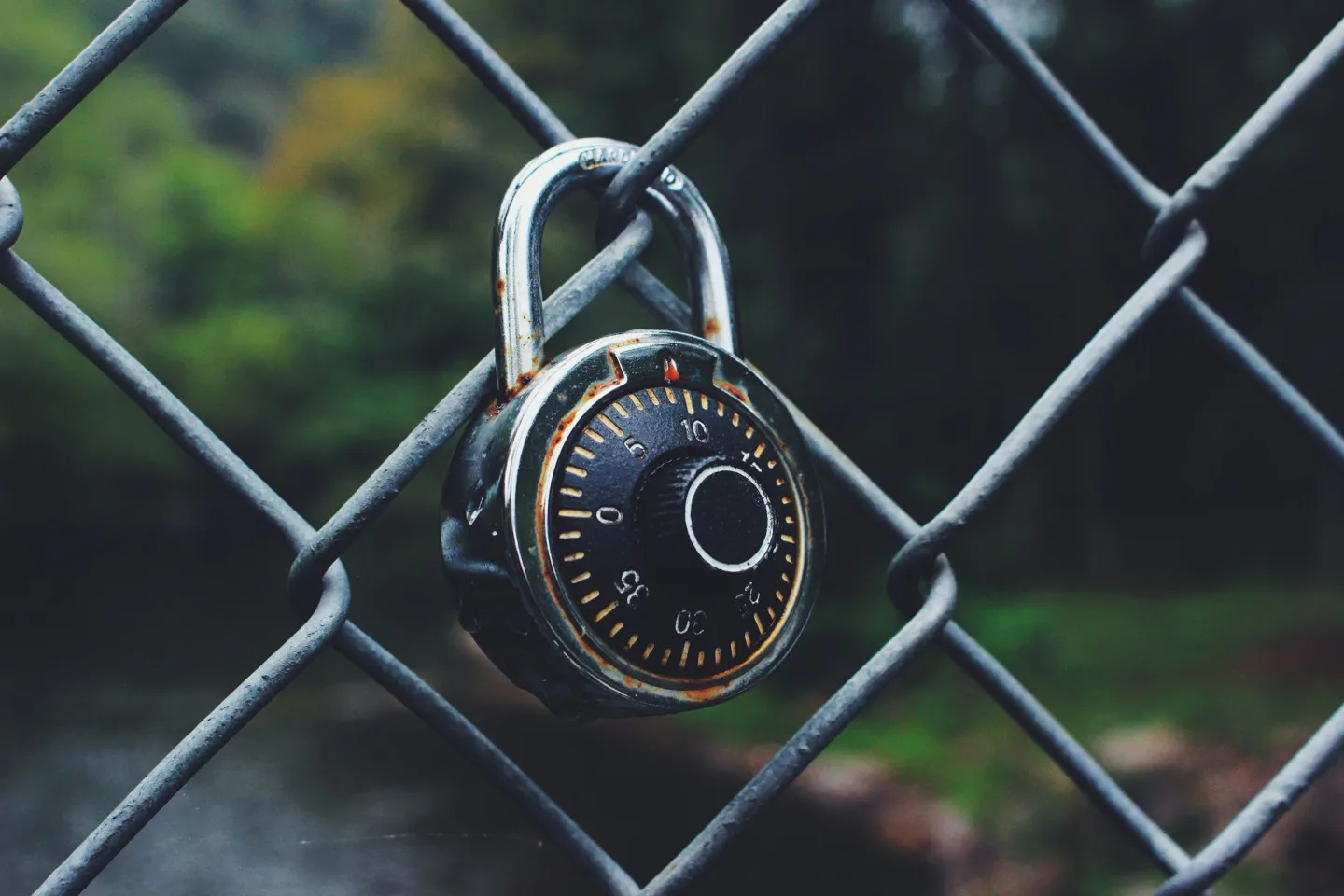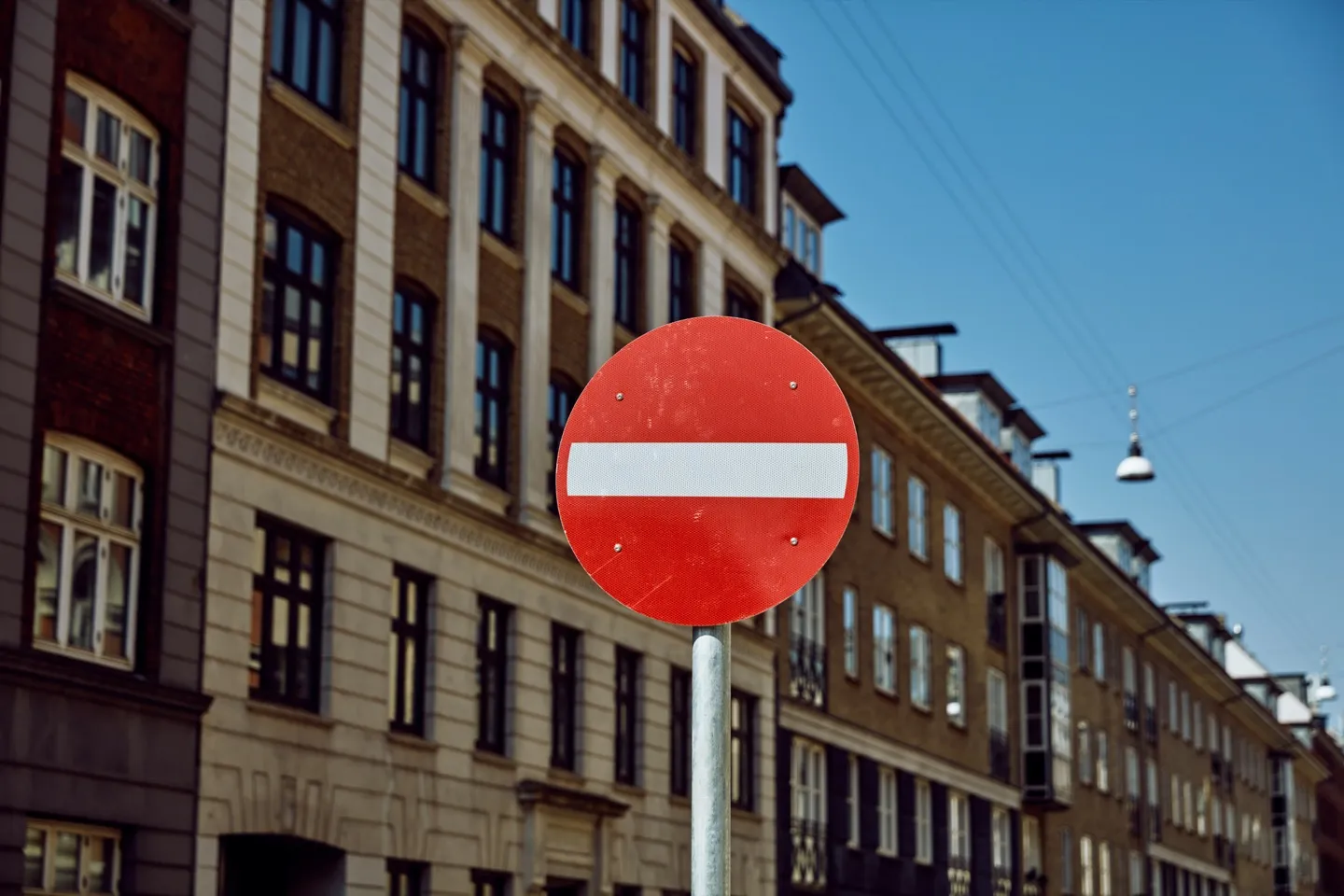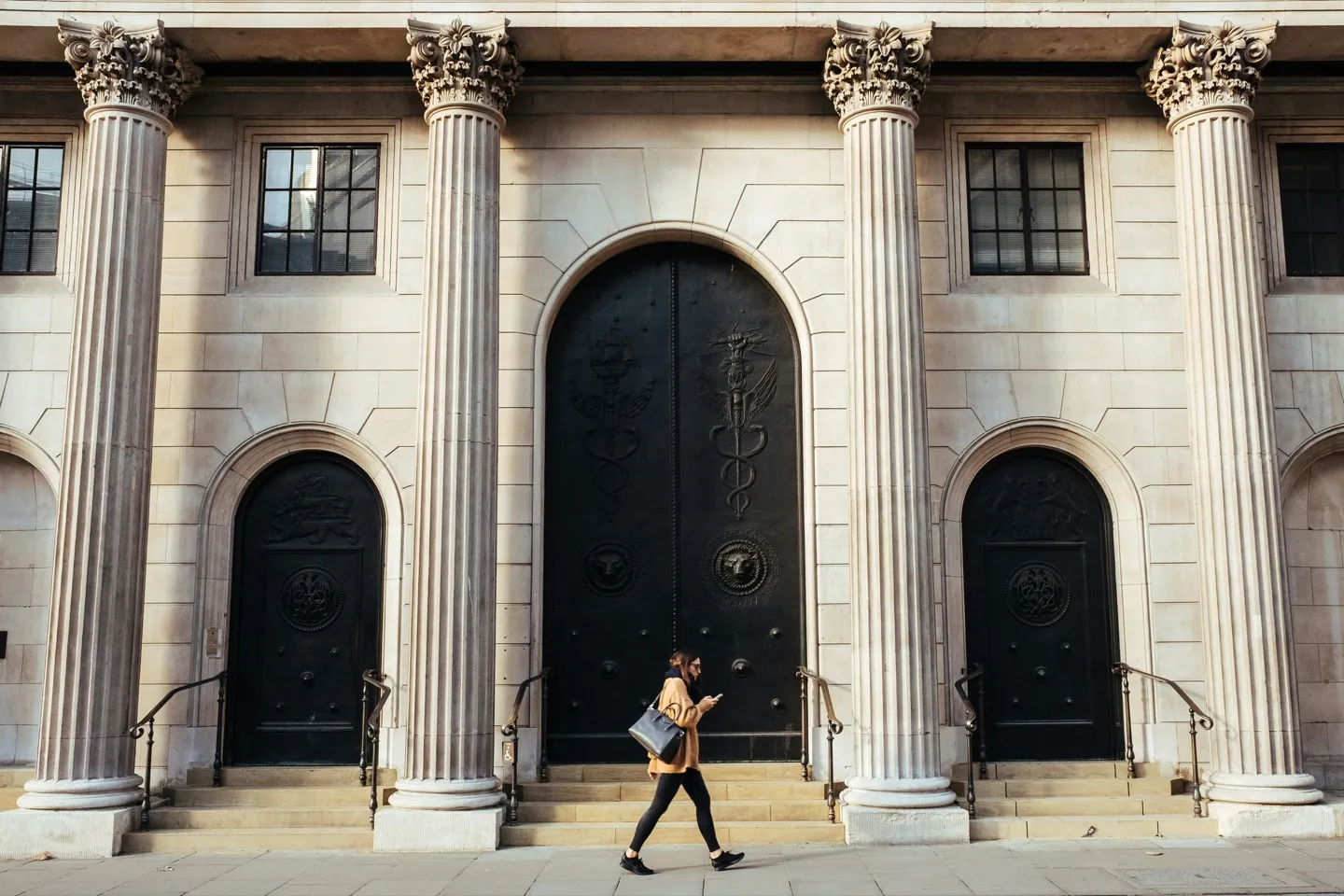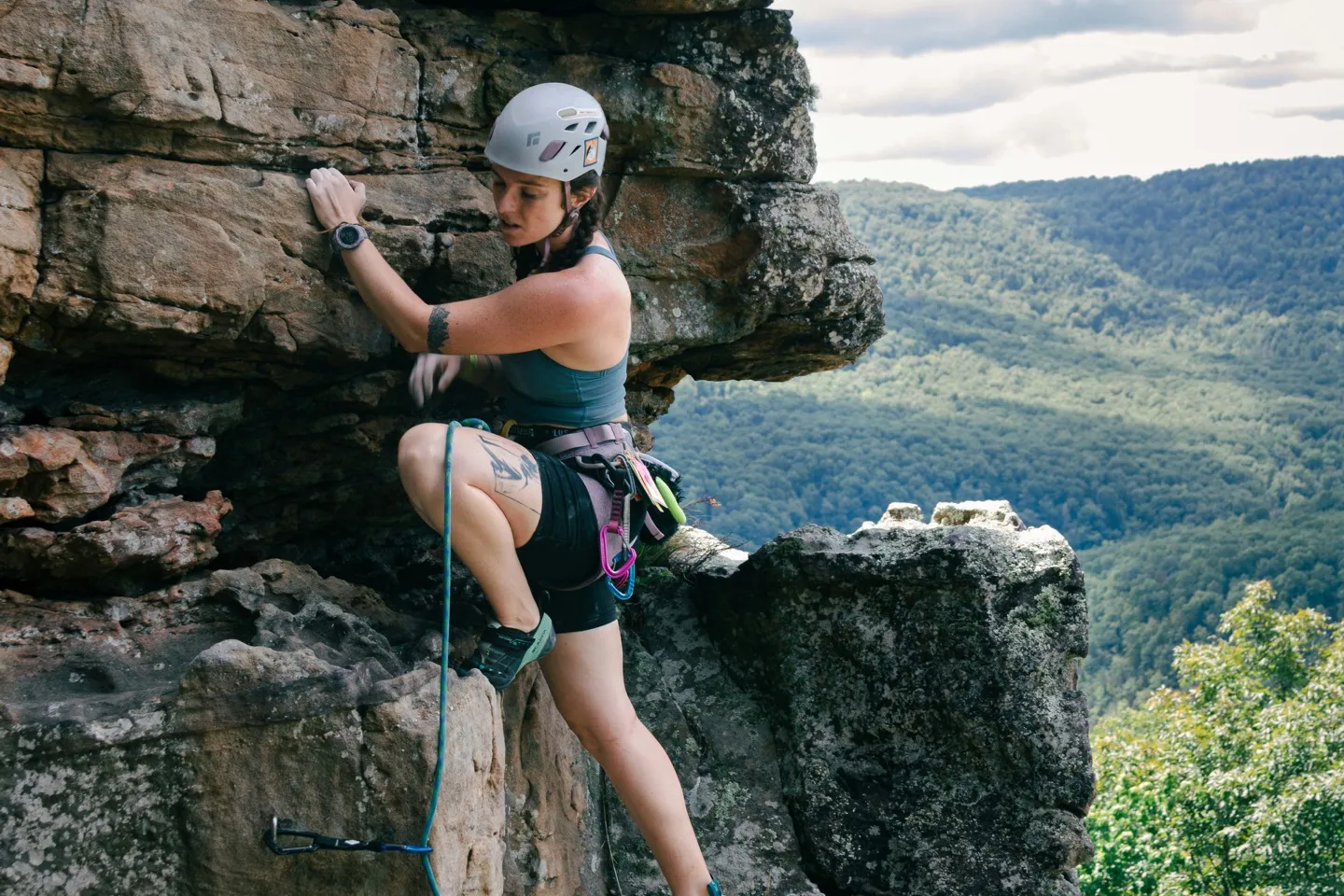How to Avoid Instagram Bans, Blocks and Limits
Everything you need to know about avoiding Instagram IP bans, blocks, action limits and how to avoid them.
Hanna Laas
Published 1 Aug 2025

Table of contents
- How Instagram Spam Detection Systems Work
- Types of Instagram Penalties
- Triggers Leading to Penalties
- Prevention Strategies That Actually Work in 2025
- Step-by-Step Account Recovery Process
- Risk Mitigation
- Geographic and Timing Considerations
- FAQ: Instagram Bans and Blocks
- Conclusion
- Considerations for Business Account
In June 2025, Instagram suspended thousands of accounts — including verified creators and established businesses — with vague violations citing "child sexual exploitation", even when the content was entirely benign. Congressional hearings followed in July as affected users organized mass appeal campaigns, highlighting a critical reality: Instagram's AI-driven enforcement systems have become so sophisticated and opaque that even paying for Meta Verified offers no protection against algorithmic penalties.
How Instagram Spam Detection Systems Work
Instagram's penalty landscape has fundamentally shifted in 2025. The platform now deploys advanced AI systems that analyze behavioral patterns, visual-text combinations, and network-level activity with unprecedented sophistication. These systems penalize not just obvious rule violations, but subtle indicators of inauthentic activity that most users don't even realize they're triggering.
Multi-Modal Pattern Recognition
Instagram's 2025 enforcement relies on AI models that combine behavioral graph neural networks with deep sequential pattern analysis. These systems construct dynamic user-content interaction graphs, analyzing network-level features like synchronized posting patterns and inter-account engagement flows.
The platform now flags "coordinated inauthentic behavior" by cross-referencing posts for similarity in captions, imagery, and timing across multiple accounts. For example, activist campaigns using identical calls to action and graphics face high suppression risk, even when not violating explicit policies.
Visual-Text Alignment Analysis
The AI reads both captions and scans for overlays of sensitive keywords on images. Content combining elements like "ICE" text on detention imagery triggers suppression, even if neither element alone would cause issues.
Engagement Spike Monitoring
Viral content spreading unusually fast, especially when simultaneously posted by several accounts, triggers automated reviews and distribution limits. This represents a major shift from previous years when virality was almost always rewarded.
Device Fingerprinting and Infrastructure Analysis
Instagram tracks device fingerprints, IP clusters, and server infrastructure to identify automation. The platform links accounts via shared devices, IP addresses, and behavioral patterns. Accounts managed in bulk from the same network are automatically flagged and often banned together.
Advanced Detection Mechanisms:
Infrastructure Separation Requirements: Instagram now clusters and mass-bans accounts using traditional server-based bots or shared proxies. Successful operators have adopted professional infrastructure separation: running automation through isolated, residential-grade devices with unique fingerprints, making each account appear as a distinct, real user.
Complete Account Isolation: Accounts are linked via shared device, IP, and behavioral patterns. Complete isolation requires unique devices, browsers, and no shared cookies or session artifacts to avoid automatic clustering and mass bans.
Case Study: Wellness Brand Success
A wellness brand automated influencer outreach using isolated mobile devices, randomized content scheduling, and AI-powered DMs that referenced previous engagement history. The brand achieved zero bans across 50 accounts over six months — contrasting with a 35% ban rate for rivals using server-based bots.
Success Rate Statistics
In 2025, accounts using professional infrastructure separation and AI-driven behavioral randomization have a 95% success rate in avoiding restrictions, compared to less than 10% for accounts relying on conventional server-based bots.

Types of Instagram Penalties
Hard Bans vs. Soft Restrictions
Hard bans result in complete account suspension or deletion, often with generic violation notices that provide little actionable feedback. These typically stem from perceived severe policy violations or repeated infractions.
Soft restrictions include shadowbanning, where content visibility is reduced without notification, and action blocks that temporarily prevent specific activities like liking, commenting, or following.
The Shadowban Reality
Shadowbanning manifests as dramatic drops in reach, engagement, and hashtag visibility. Content stops appearing in Explore feeds or hashtag searches. Tools like Spikerz's Shadowban Calculator now offer forensic-level analysis of account health, examining hashtag use, engagement rate volatility, and historical violations.
Action Blocks and Rate Limits
Instagram's rate limits for likes, comments, and follows are now personalized per account, factoring in activity history and geographic region. These limits adjust dynamically, making static automation tools ineffective.

Triggers Leading to Penalties
Repetitive Content Patterns
Accounts posting identical captions, calls to action, or hashtags repeatedly face quiet shadowbanning. Instagram dynamically updates its blacklist, sometimes including surprisingly innocuous hashtags like #Christmas or #Thanksgiving during peak usage periods.
A 2025 analysis found that generic hashtags like #love, #happy, and #sad are now directly associated with spam by Instagram's AI systems.
Low-Quality and Recycled Media
The algorithm heavily penalizes posts with recycled content, especially those reposted from TikTok or other platforms with watermarks. This extends to low-resolution images and "engagement-bait" tactics like mass DMs or coordinated likes and comments.
Businesses that stopped reposting viral TikTok videos and focused on original, high-resolution Instagram-native content saw a 37% increase in reach.
Behavioral Anomaly Detection
AI models examine not just rates of activity, but the timing, sequence, and semantic content of interactions. The platform monitors response time patterns — accounts that consistently respond to comments or DMs within seconds are suspected of automation and flagged for review.
Advanced Behavioral Analysis
Instagram's AI now analyzes sophisticated patterns including "human idleness" simulation. Successful bots that mimic natural user behavior — pausing unpredictably, engaging with niche content, and responding to stories with personalized, context-aware replies — avoid detection. One case study showed a 95% reduction in flag rate when bots incorporated random scroll patterns and engaged with local geo-tagged posts.
AI-Powered Business Integration:
Businesses deploying "AI-powered chatbots" for customer engagement succeed only when integrating with internal APIs and demonstrating unique device footprints. Those using generic, multi-account bots face increasing mass-ban risks.
Instagram's compliance algorithms now analyze IP addresses, device fingerprints, and cross-platform activity. Multiple IP usage or automated posting from unrecognized devices triggers high-risk flags.

Prevention Strategies That Actually Work in 2025
The SAFE Framework
Successful creators use a structured approach to avoid penalties:
- Spacing: Automate post intervals to mimic natural user behavior
- Authenticity: Use real conversations and organic engagement, avoiding repetitive or templated responses
- Frequency: Monitor and strictly adhere to personalized daily limits
- Engagement: Focus on quality interactions like meaningful comments and shares rather than mass follows
Content Diversification as Compliance
The algorithm rewards creators who balance Reels, Stories, and photo posts rather than focusing on a single format. Strategic diversification signals organic account health to Instagram's systems.
A fashion influencer restored a blocked account within 72 hours by pausing all activity, submitting a detailed appeal with engagement logs, and completing video selfie verification — resulting in zero follower loss and full restoration.
Hashtag Strategy Evolution
Effective hashtag strategies in 2025 mix:
- Popular hashtags (over 1 million uses)
- Medium-tier hashtags (100,000 to 1 million uses)
- Niche hashtags (under 100,000 uses)
Rotate hashtags between posts to avoid triggering shadowbans. The key is researching hashtag relevance to your specific audience rather than just popularity metrics.
Native Content Creation
Original, high-resolution Instagram-native content significantly outperforms recycled media. Creators who eliminated watermarked content and focused on platform-specific formats saw measurable reach improvements.
Device and Session Consistency
Maintaining stable device IDs and IP geolocation patterns over months signals legitimacy to Instagram's trust algorithms. Accounts with consistent technical fingerprints receive higher trust scores.
Engagement Rate Optimization
Instagram's shadowban algorithms are triggered by sudden, unnatural spikes in engagement. Maintaining steady, authentic engagement rates — even during growth phases — is crucial. Rapid viral growth without corresponding organic engagement can actually penalize accounts.
Cooling Periods Strategy
Accounts that intentionally pause activity for 24-48 hours after viral posts are less likely to experience action blocks or shadowbans. This "cooling off" strategy signals to Instagram that engagement is genuine rather than artificially manipulated.
Action Limit Tracking
Since Instagram's rate limits are now personalized, successful creators use tools to track and adapt to their shifting personal limits. This prevents triggering automated suspicion through excessive activity.
The general consensus is if your account isn’t fresh (at least 2 months old), has a good previous standing with Instagram and was not action blocked in the past few weeks then the safe action limits are around 300 likes / day, 80 follows / day, 80 comments / day.
Behavioral Authenticity Signals
The most sophisticated accounts now incorporate "micro-interactions" like saving posts, using stickers, and responding to polls. These human-like behaviors reduce algorithmic suspicion compared to conventional like-follow-comment patterns.
Cross-Platform Identity Management
Building consistent identity and audience relationships across multiple platforms creates resilience against single-platform penalties. This includes maintaining updated contact lists and automated alert sequences for audience redirection during outages.

Step-by-Step Account Recovery Process
When facing Instagram restrictions, follow this systematic recovery approach:
Clear Instagram Cache
- iOS: Settings > General > iPhone Storage > Instagram > Offload App
- Android: Settings > Apps > Instagram > Storage > Clear Cache
- Web Browser: Clear browser cache and cookies for *.instagram.com and *.facebook.com
Update Instagram Client
- Ensure you're running the latest version to avoid compatibility issues
Complete Account Verification
- Complete video selfie verification if prompted (Instagram's most effective biometric check for rapid account reinstatement)
- Enable two-factor authentication
- Verify email and phone number
- Link your Facebook account
Advanced Recovery Strategies
For Business Accounts, contact Instagram through:
- Official Business Help Center via Meta Business Help Center
- Instagram Professional Dashboard
- Meta Business Suite Support
For Personal Accounts, submit appeals through the app:
- Settings > Help > Report a Problem
- Choose "Something isn't working"
- Describe the issue clearly and professionally
- Include relevant screenshots
Video Selfie Verification
Instagram increasingly uses video selfie verification to restore blocked accounts, especially for influencers and business accounts. This biometric check proves effective for rapid account reinstatement in high-risk recovery cases.
Community-Driven Recovery Networks
A new trend involves "appeal cooperatives" — groups that coordinate mass appeals using synchronized but isolated infrastructure. These cooperatives report 60% success rates in recovering mass-banned accounts, compared to under 20% for individual appeals.

Risk Mitigation
Decentralized Social Platforms
Leading creators are building audiences on Bluesky Social, an emerging decentralized network. Unlike mainstream platforms, Bluesky allows creators to maintain audience continuity even if de-platformed elsewhere, since user identity and content aren't tied to a single provider.
Example: A climate advocacy creator recovered 60% of their lost Instagram engagement within 10 days by preemptively building a Bluesky following and using cross-app identity features during an Instagram lockout.
Private Traffic Ecosystems
Sophisticated creators convert social followers into segmented, private traffic channels through custom email newsletters, SMS broadcasts, and encrypted group chats on Telegram and Signal.
Creators using segmented "private traffic" lists see up to 48% higher audience retention during Instagram outages versus those relying solely on social media.
Multi-Account Matrix Strategies
A matrix approach involves operating several accounts across different niches, languages, and regions as a hedge against platform volatility. This builds parallel audience clusters that can cross-promote and support each other during restrictions.
Creators who diversify into unrelated niches report faster audience migration during bans, with crossover rates as high as 18% — significantly better than those with only closely related backup accounts.
Real-Time Health Monitoring
Expert creators use Instagram's "Account Status" feature to proactively monitor whether content appears in Explore or Reels feeds. This allows for real-time adjustment before penalties escalate.
Professional dashboards now provide granular data on account health, action limits, and engagement rates. Regular content and account data backups protect against unexpected restrictions.
Geographic and Timing Considerations
Regional Enforcement Variations
Enforcement intensity varies significantly by geography. Accounts originating from Southeast Asia and parts of Africa experience 15-40% lower ban probability for certain infractions compared to those from Western Europe or the US.
Optimal Posting Windows
Posting during peak engagement windows (7-8 AM weekdays in 2025) leads to better algorithmic placement and reduced penalty risk due to sudden engagement spikes.
FAQ: Instagram Bans and Blocks
Why does Instagram say action blocked?
Instagram displays "action blocked" when your activity triggers automated spam detection. Common causes include excessive liking, following, or commenting in short periods, using third-party automation tools, or behavioral patterns that deviate from typical human usage. The block is temporary but can escalate to permanent restrictions with repeated violations.
How long does Instagram block last?
Action blocks typically last 24-48 hours for first-time offenses. Repeated violations can extend blocks to 1-2 weeks. Accounts with good standing history recover faster than those with previous infractions. Cooling off completely during the block period speeds recovery.
How to get unblocked on Instagram?
Stop all activity immediately and wait 24-48 hours. Clear your Instagram cache, update to the latest app version, and complete any verification prompts including video selfie verification if offered.
What are Instagram's daily limits for likes and follows?
Limits are now personalized per account based on age, standing, and activity history. For established accounts (2+ months old) with good standing, safe limits are approximately 300 likes/day, 80 follows/day, and 80 comments/day. New accounts have significantly lower limits and should ramp up activity gradually over weeks.
How to avoid Instagram shadowban?
Avoid repetitive content patterns, rotate hashtags between posts, and diversify content formats across Reels, Stories, and photos. Maintain steady engagement rates without sudden spikes, use original high-resolution content instead of recycled media, and incorporate micro-interactions like saves, polls, and stickers to signal authentic human behavior.
Considerations for Business Account
Meta Verified Limitations
The June 2025 ban wave demonstrated that paying for Meta Verified status provides no special protection against algorithmic enforcement. Verified accounts faced the same penalties as standard accounts during mass enforcement actions.
Creator vs. Business Profile Optimization
Different account types face varying enforcement thresholds. Business profiles may have different rate limits and content review processes compared to creator accounts. Testing and optimizing for your specific account type is essential.
Direct Product Ecosystems
Smart creators are launching creator-owned lifestyle brands and product ecosystems. By transitioning audiences to proprietary e-commerce, creators buffer against platform disruptions since customer data and communication remain platform-independent.
Conclusion
Instagram's enforcement evolution represents a fundamental shift toward sophisticated pattern recognition and behavioral analysis. Success requires adapting to these new realities while maintaining authentic audience connections and preparing for continued platform changes.
Supercharge your Instagram
Join over 500,000+ creators growing with INSSIST.







